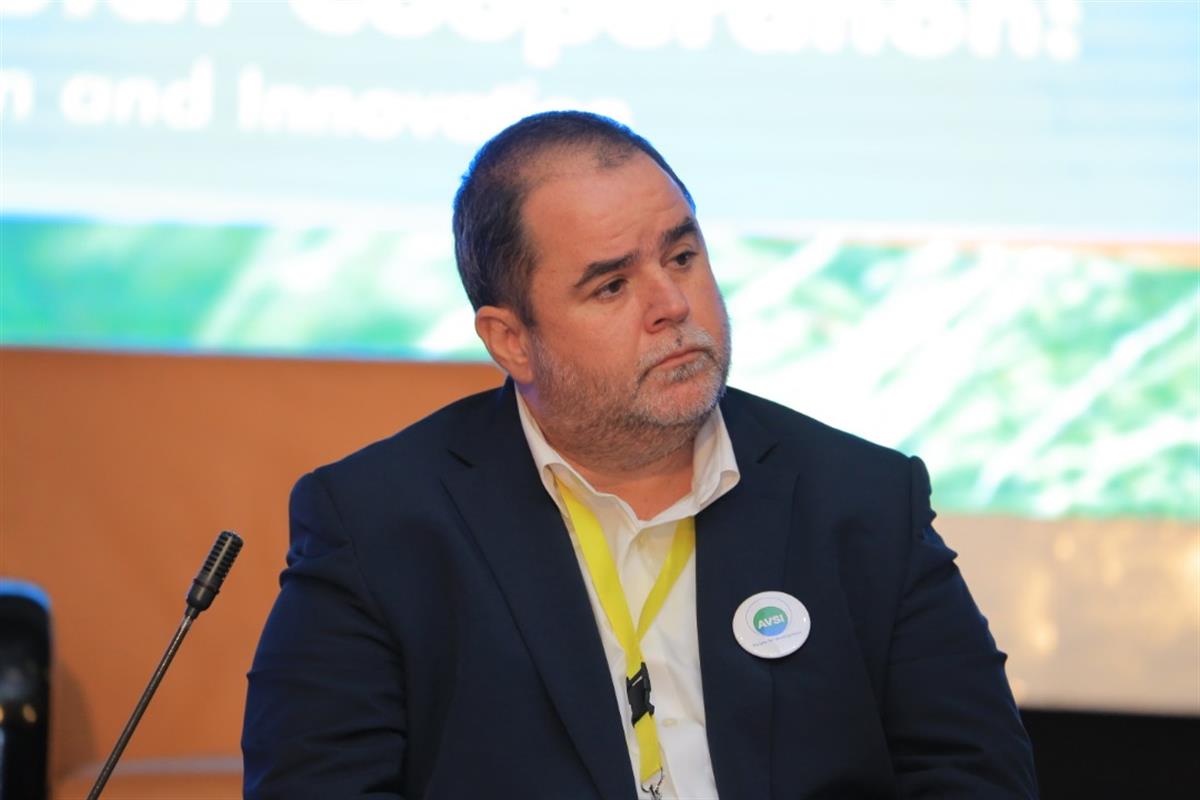Through South-South Cooperation, countries across the global South are successfully exchanging technical expertise and building innovative partnerships, which if strengthened, can continue to play a crucial role in the achievement of the Sustainable Development Goals.
This was the message of a three-day event in Kampala, Uganda, marking the 10th Anniversary of the FAO-China South-South Cooperation Programme and Triangular Cooperation (25-27 November 2019). Supported by China, the programme has benefited more than 70,000 people directly in 12 developing countries in sub-Saharan Africa and Asia. The theme of the 10th Anniversary event was "Inspiration, Inclusion and Innovation" as the programme reflects on its achievements and looks to the future.
"The FAO-China South-South Cooperation Programme has a catalytic impact - said Abebe Haile-Gabriel, FAO's Assistant Director-General and Regional Representative for Africa - inspiring other countries to join hands with FAO in the fight against food insecurity and malnutrition as well as poverty."
AVSI brought the experience of the project "SKY, Skilling Youth for Employment in Agribusiness" at the panel “Linking policy, programmes and investments to ensure food security, accelerate improved nutrition and promote sustainable agriculture: The role of South-South and triangular cooperation in achieving SDG2”.
The discussion was an opportunity to identify the driver of hunger and malnutrition and to debate on policies and actions that have allowed countries to accelerate and scale-up progress.
Samuele Rizzo, AVSI Chief of party of SKY project referred to the Dutch Embassy-funded project amplified the following points:

- Youth represent the majority of the population in the African continent, thus they are the drivers of development for the future. For a south-south and triangular cooperation to succeed it must have national and international youth friendly policies. Policies that speak the language of the youth and engage them proactively. The involvement of youth right from the onset is of paramount importance for development cooperation to succeed. With the SKY project we facilitated the roll out of policy implementation framework. Case in point is the popularization of the Business, Technical, Vocational Education and Training 10-year strategic plan, by fixing and adjusting the mismatch through initiation of public private partnership dialogues.
- Agriculture is perceived to be a tough enterprise, and in Africa still primarily subsistence and labor intensive. It is generally not attractive for the youth to be associated with farming. Youth shun the agriculture sector, yet it has the greatest potential for job creation and employment. In a country like Uganda, a high percentage of the youth population are not formally employed. We have noticed, that youth need to be continuously inspired by mentors, by persons that are game changers at grassroots level. These successful small holder agripreneurs naturally transmit a passion for the work they do to the youth, and this has a trickle effect on them. AVSI is noticing that more and more youth are gradually embracing agriculture as a first choice career. The engagement of the private sector is thus key in skilling youth.
Prospects of scaling up initiatives such as SKY is viable through South-South and triangular Cooperation in order to maximize the impact.
The conference, held in Kampala was attended by dignitaries from 40 countries, including the Ugandan Head of State, government officials, cooperation professionals, representatives of the United Nations, NGOs, embassies, academic institutions and the private sector.